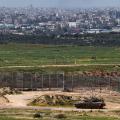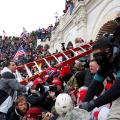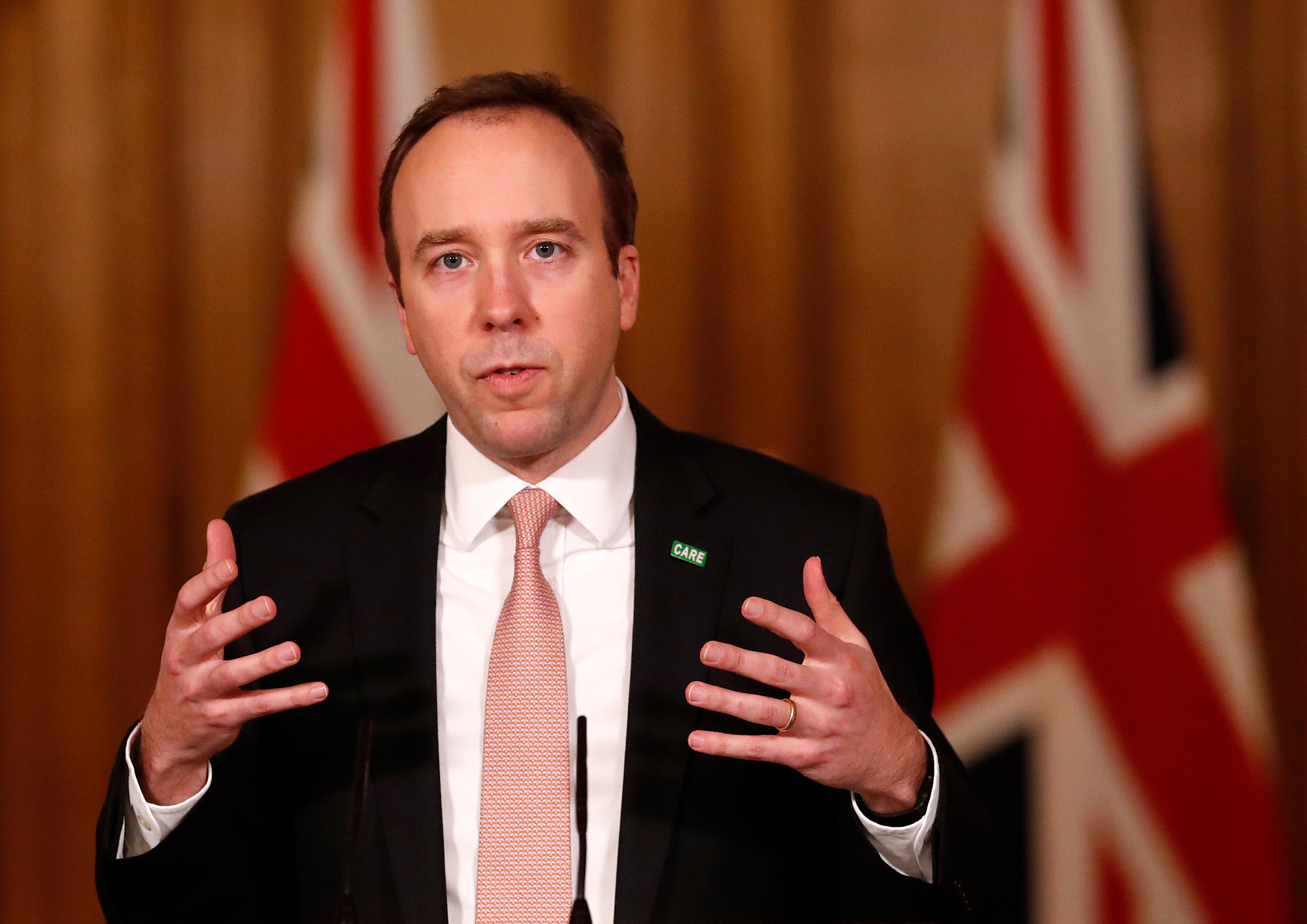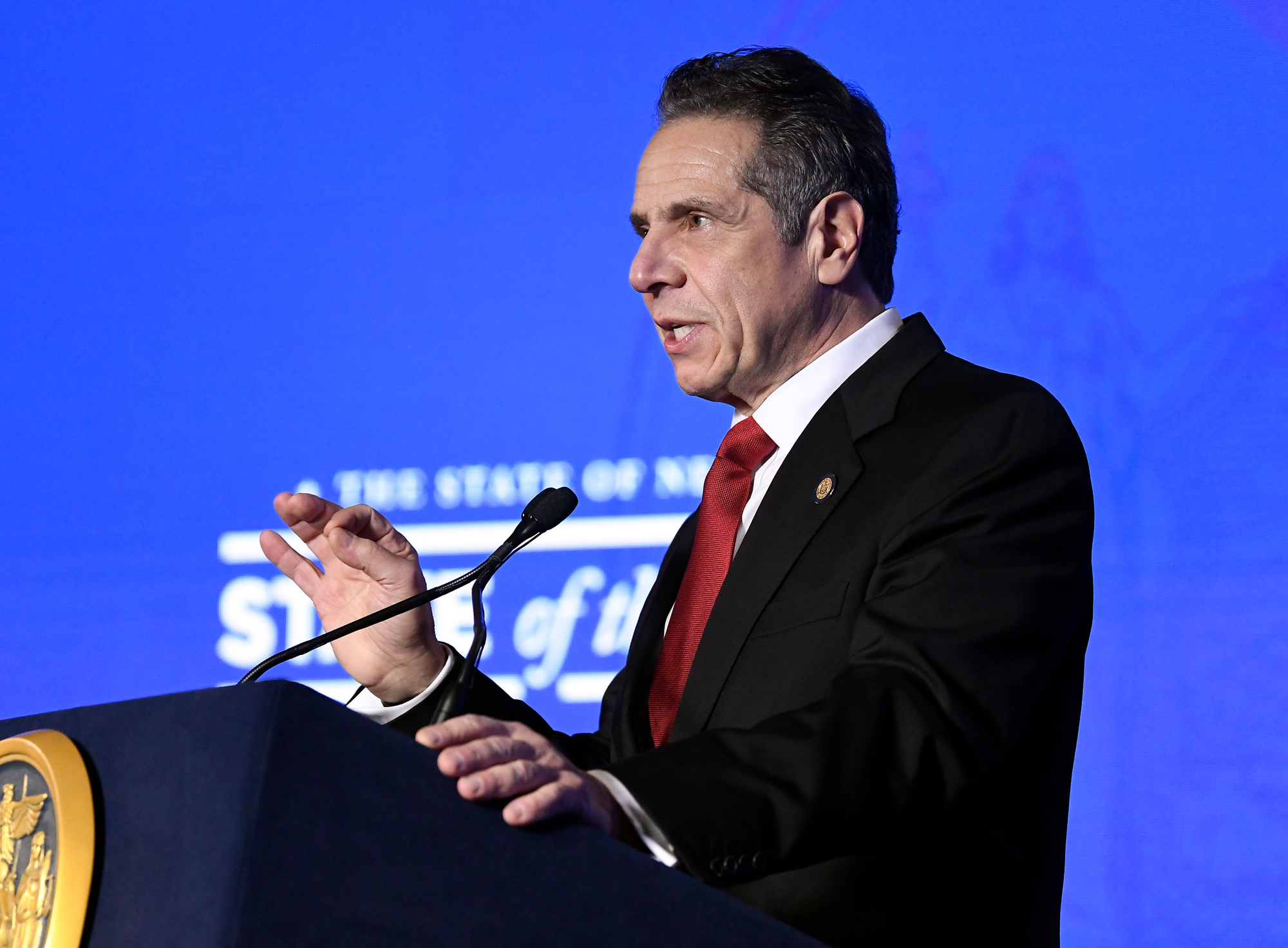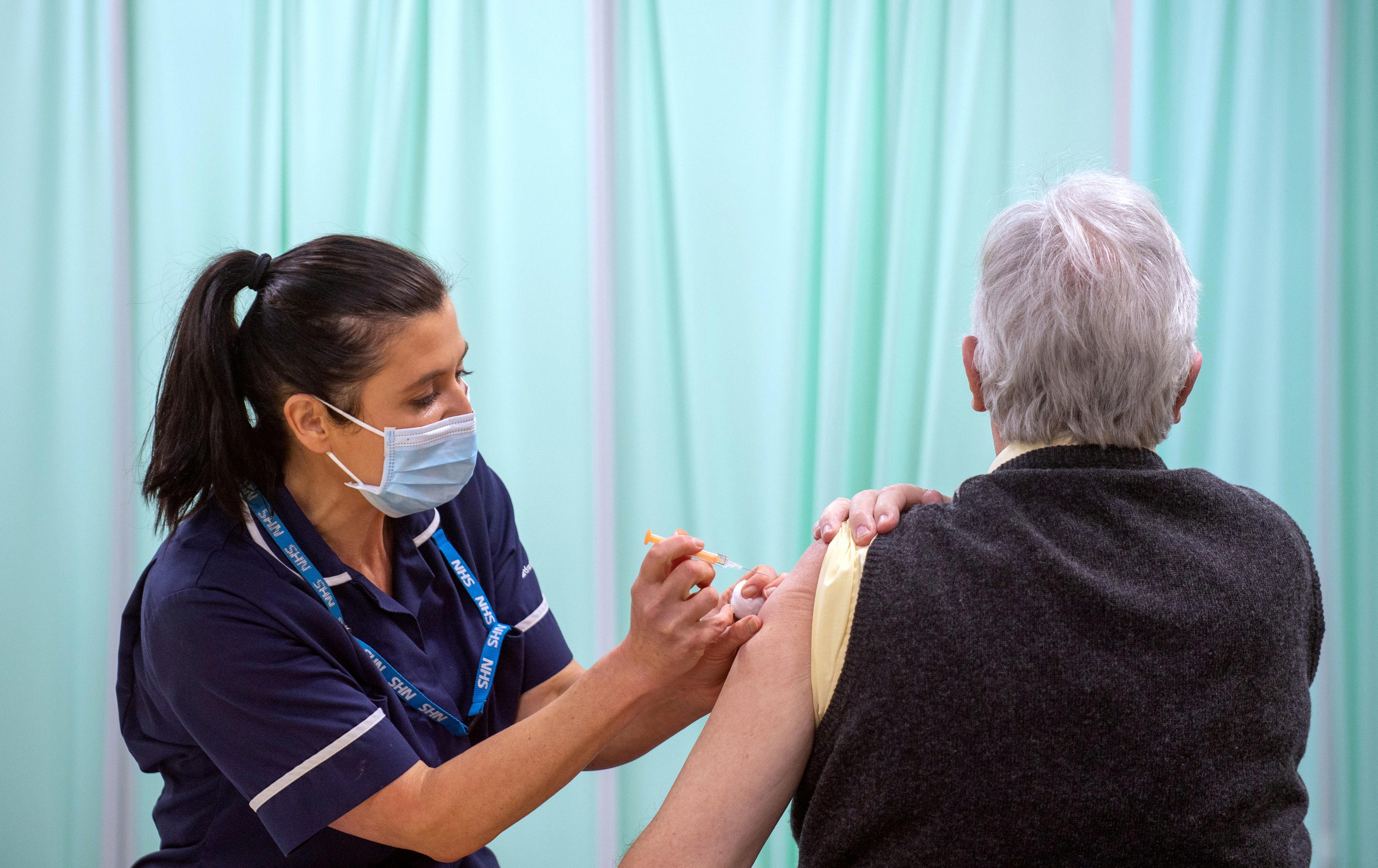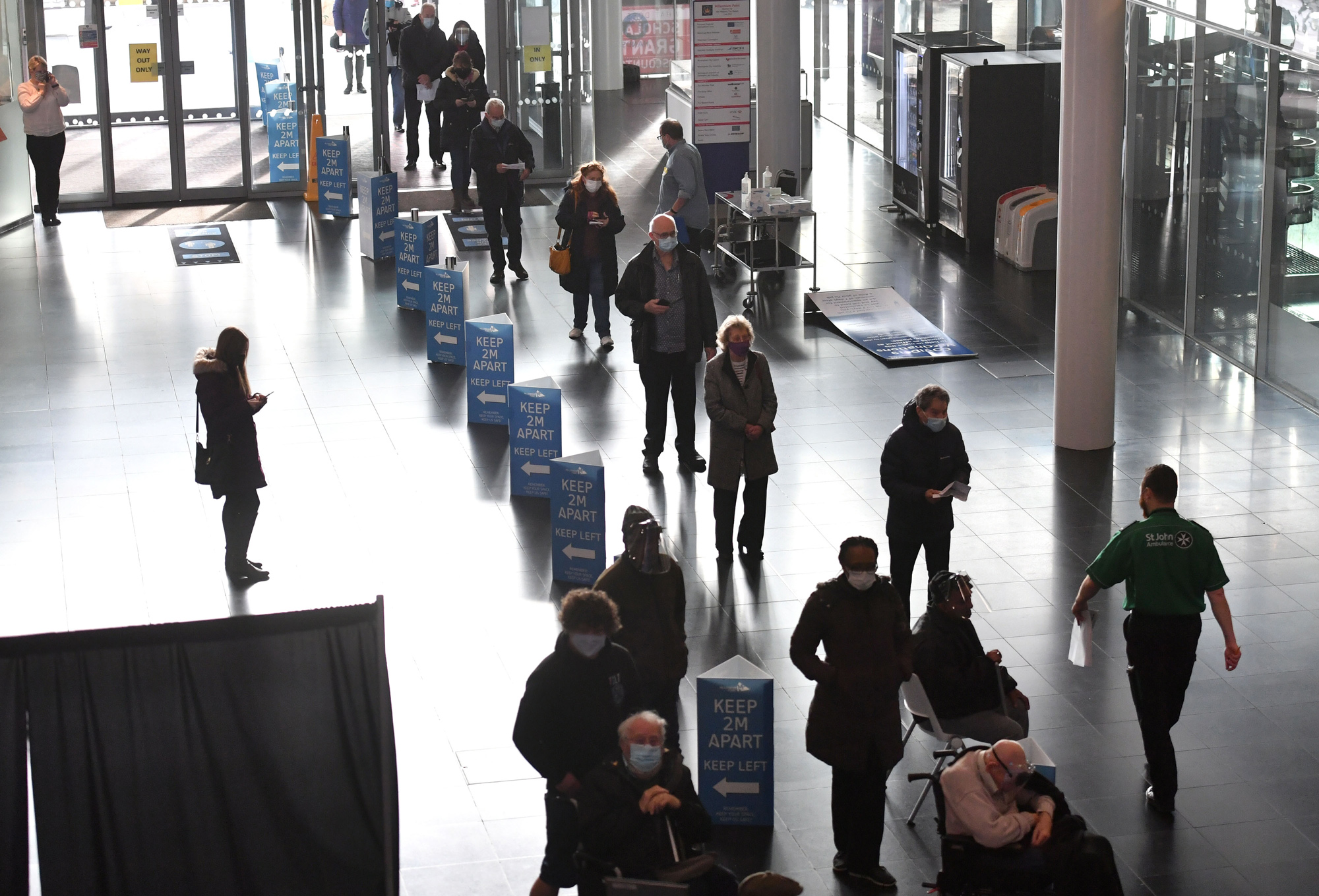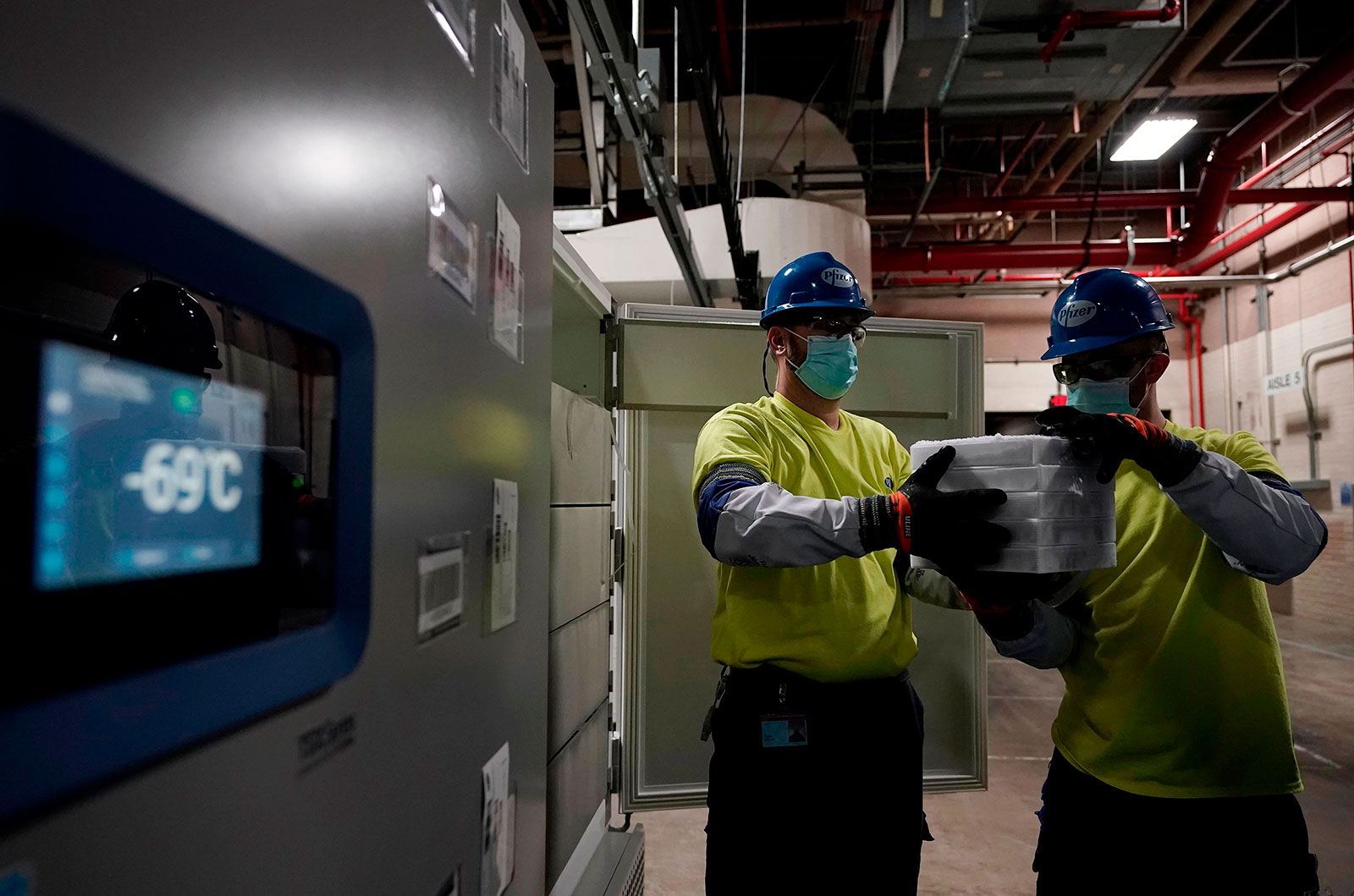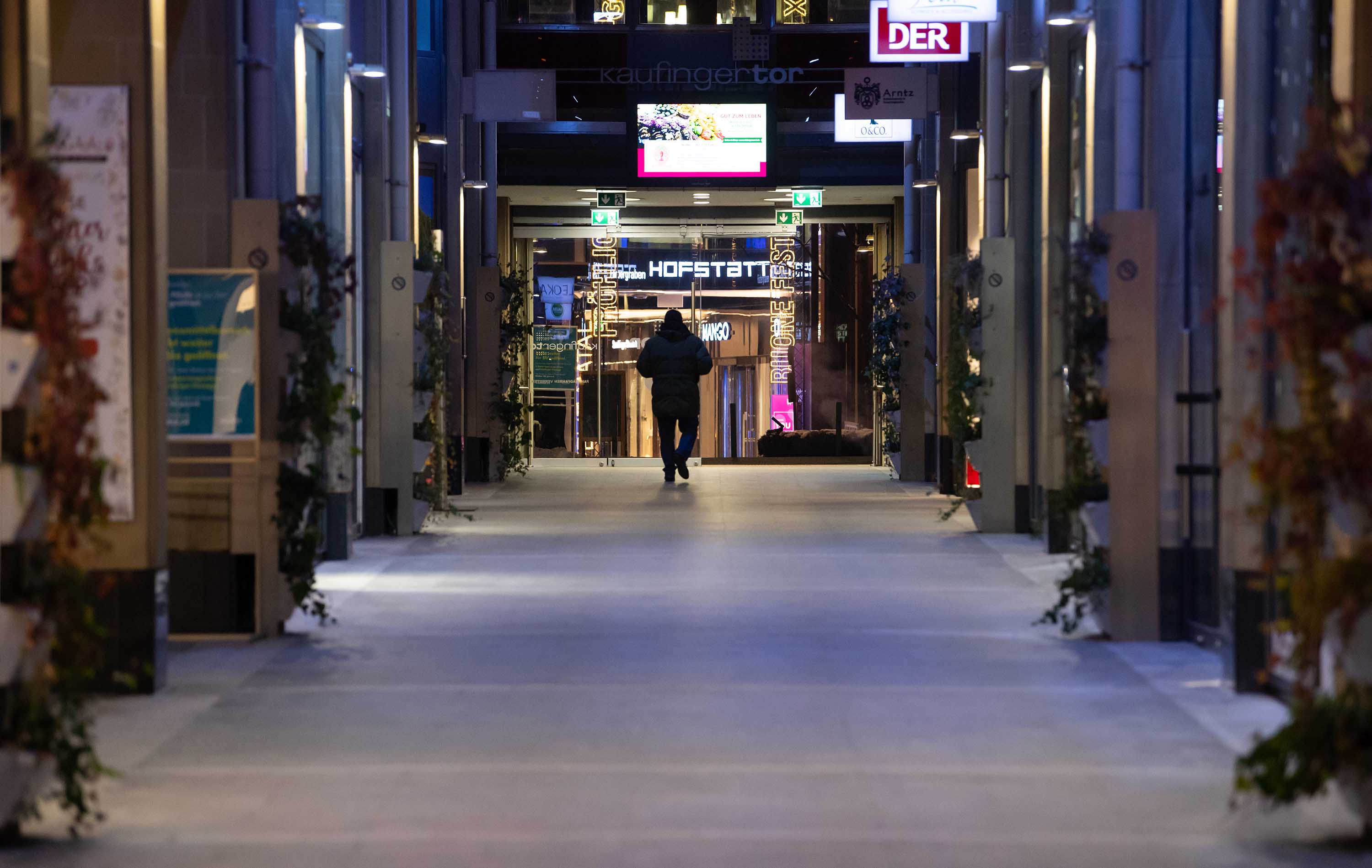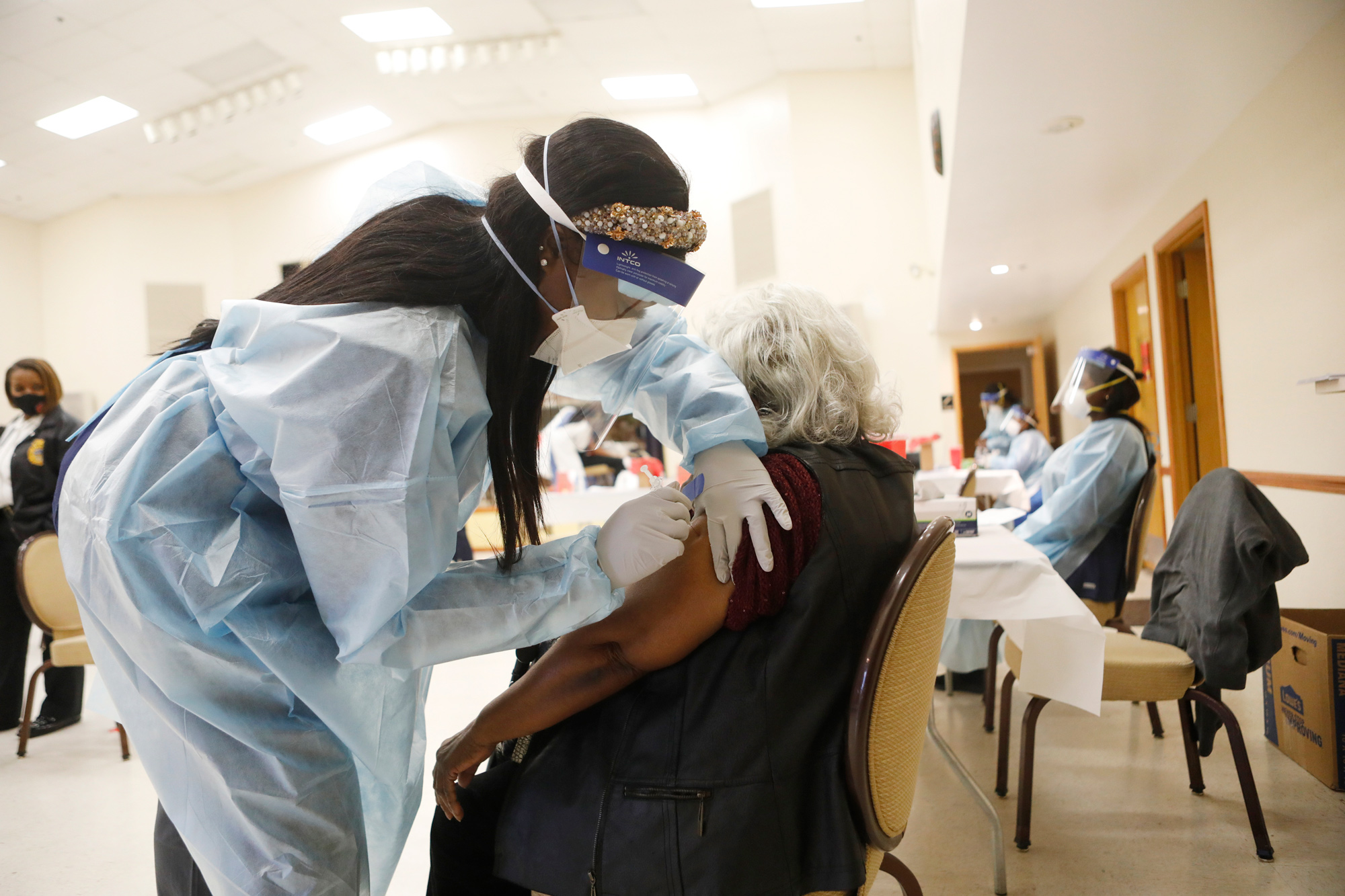
States are increasingly abandoning guidelines from the US Centers for Disease Control and Prevention and taking their own approaches to giving people coronavirus vaccines, a new analysis finds.
“Overall, we find states are increasingly diverging from CDC guidance and from each other, suggesting that access to COVID-19 vaccines in these first months of the U.S. vaccine campaign may depend a great deal on where one lives,” the non-profit Kaiser Family Foundation, which studies health care policy, said in a report issued Monday.
“In addition, timelines vary significantly across states, regardless of priority group, resulting in a vaccine roll-out labyrinth across the country.”
The report finds 40 states are still in Phase 1a either fully or partly. Ten states and Washington, DC, are in Phase 1b. Only Michigan has moved to at least part of Phase 1c.
While all states and Washington, DC, are giving priority to health care workers and long-term care residents and staff in Phase 1a of their plans as recommended, they are increasingly taking their own tacks in Phase 1b and 1c of the rollout. Ten states and Washington, DC, have moved to Phase 1b.
- For Phase 1b, the CDC recommends vaccinating people ages 75 and older and frontline essential workers such as firefighters, postal workers, teachers and others.
- For Phase 1c, the CDC recommends vaccinating people ages 65 and older, younger people with high risk conditions and other essential workers.
The Kaiser analysis found that 10 states have added first responders, including law enforcement and firefighters, the Phase 1a. These states are Arkansas, Georgia, Indiana, Maryland, Massachusetts, Nevada, New Hampshire, South Dakota, Virginia, and Wyoming. Utah added K-12 teachers and child care workers, while Louisiana limited health care workers to hospital staff only.
Four states added seniors to the 1a group: people 65 and older in Georgia and Florida, 75 and up in Tennessee, and 80-plus in West Virginia.
Fourteen states follow CDC advice precisely on who should be in Phase 1b, while 30 add extra age groups and others including educators, prisoners and the homeless.


